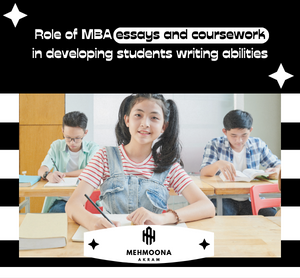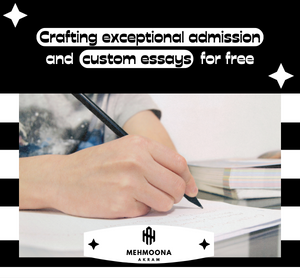
Set against the backdrop of a war-torn Afghanistan, Khaled Hosseini’s “A Thousand Splendid Suns” is a moving story that explores the lives of two Afghan women, Mariam and Laila. The work deftly weaves together themes of resiliency, redemption, love, sacrifice, and the eternal strength of the human spirit. It is set during the turbulent period of the Soviet invasion, the creation of the Taliban dictatorship, and the anarchy that followed. We will go into these topics in-depth in this blog and reveal the insightful lessons that are woven throughout the story.
The central subject of “A Thousand Splendid Suns” is resilience in the face of adversity. Despite experiencing unspeakable misfortune throughout their lives, Mariam and Laila both show incredible fortitude in the face of difficulty. Mariam’s harsh childhood and Laila’s family loss and relocation are just two of the many difficulties the ladies must overcome. Other difficulties include abuse, bereavement, and societal suppression. In spite of these hardships, they are able to endure, persist, and reconstruct their life among the devastation caused by war. Their tenacity demonstrates the strength of hope even amid the most dire circumstances and is a monument to the enduring capacity of the human spirit.
The Sisterhood Bond
The sisterhood that develops between Mariam and Laila is another major element in the book. The women, who were first brought together by chance and social expectations, develop a strong bond that goes beyond simple friendship. From competitiveness and mistrust to mutual support, affection, and unity, their connection changes throughout time. They find comfort in each other’s company through their shared struggles and experiences, providing consolation, empathy, and camaraderie in a violent and chaotic environment. Mariam and Laila’s friendship serves as a metaphor for the tenacity of interpersonal bonds and the ability of empathy and compassion to heal even the most severe wounds.
Love and Sacrifice
“A Thousand Splendid Suns” revolves around the idea of love in all of its manifestations. Hosseini examines the significant influence that love has on influencing the lives and choices of the people, whether it be romantic love, familial love, or maternal love. Numerous character actions in the book are motivated by Mariam’s love for her father, Jalil, and her later love for Laila’s children, as well as Laila’s love for her parents and her children. Furthermore, the price paid for love highlights both its transformational potential and its capacity to arouse bravery and selflessness in others. In the face of conflict and devastation, Hosseini emphasises the enduring nature of love via Mariam and Laila’s sacrifices for one another and their loved ones.
Redemption and Hope
“A Thousand Splendid Suns” finally conveys a message of redemption and hope despite the depressing state of their situation. We are able to observe the transformational power of reconciliation, forgiveness, and second chances via the experiences of Mariam and Laila. In their own unique ways, both women experience redemption, escaping the bonds of their past and embracing a future characterised by fortitude, love, and hope. Their tales serve as a reminder that, despite the most difficult circumstances, the human spirit is resilient and capable of thriving, and that there is always hope for restoration and rejuvenation.
In summary, Khaled Hosseini creates a compelling story in “A Thousand Splendid Suns” that delves into the timeless concepts of fortitude, siblinghood, affection, selflessness, and salvation. Readers are taken to the centre of war-torn Afghanistan via the lives of Mariam and Laila, where despite the turmoil and devastation, rays of hope and humanity can be seen. Mariam and Laila provide a moving and ultimately upbeat portrait of the human spirit in the face of misfortune as they negotiate the turbulent terrain of their life. They represent the tenacity and fortitude of the Afghan people. Long after the last page has been turned, Hosseini’s book leaves readers with a deep sense of empathy, compassion, and perseverance. It is a monument to the transformational power of love, forgiveness, and hope.



